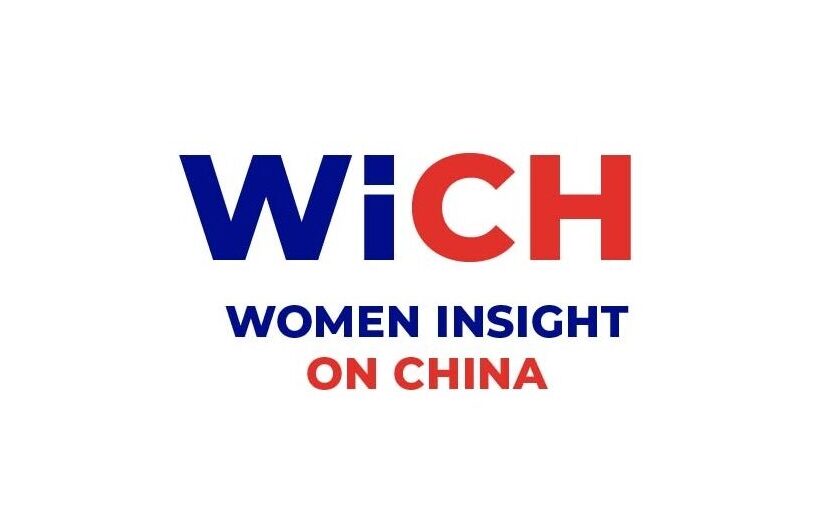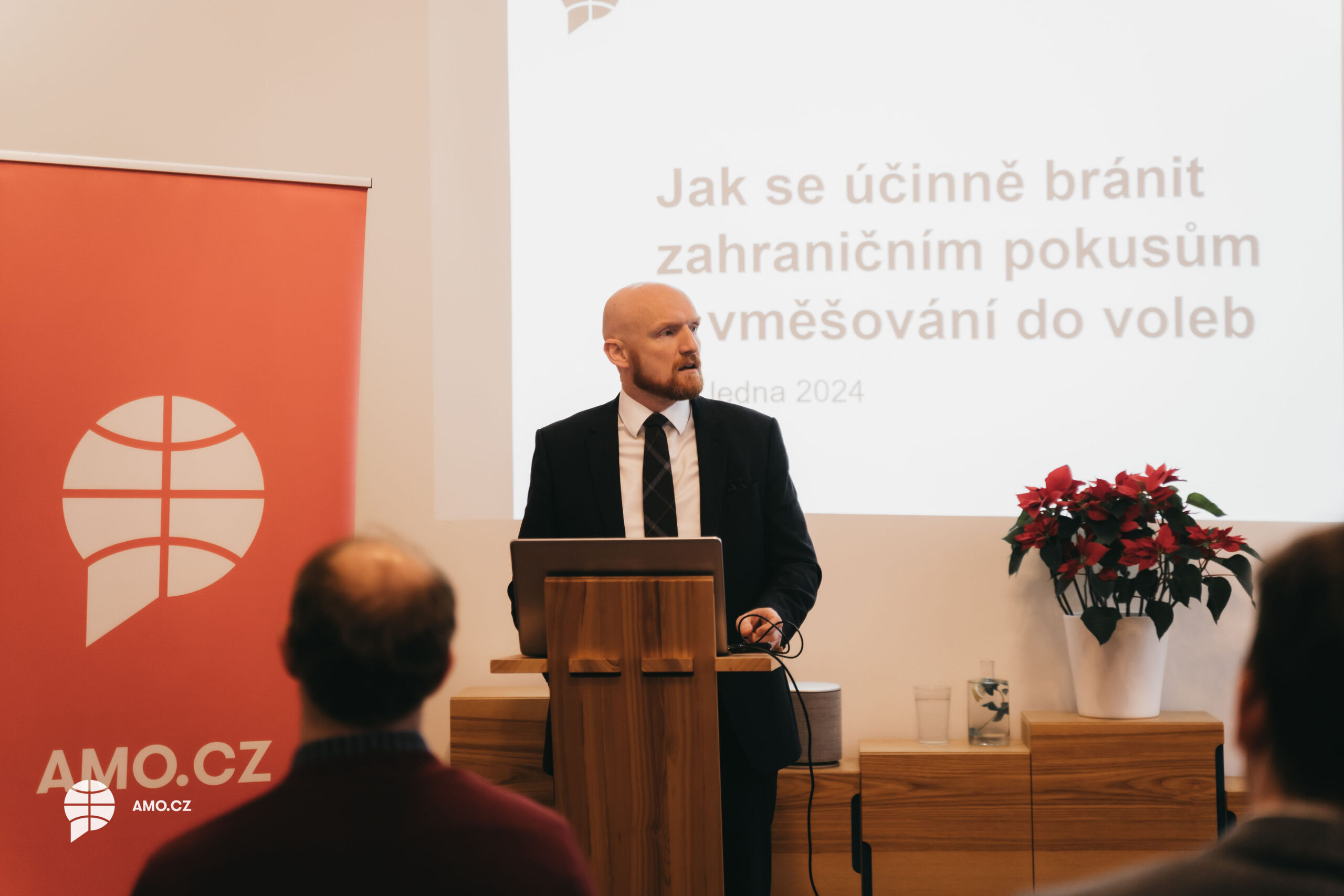This article was originally published by our sister project CHOICE.
“I want to apologize that I do not have a working golden chariot for you to take, as Elizabeth II had for you,” quipped the Czech President Zeman welcoming Chinese leader Xi Jinping on a historical visit to Prague five years ago.
While there was, in fact, no golden chariot, Xi nonetheless received a royal treatment in Prague, well above and beyond standard protocol. The visit was to signify a new golden era of Sino-Czech relations. However, looking back, the golden era seems a thing of the distant past.
What went wrong and where are Czech-China relations to go from here?
Aborted Restart
The turnaround of the Czech foreign policy towards China has by now become a well-known story. From a troublemaker for China during the 1990s and 2000s, Czechia suddenly transformed into a showcase of a new era for China-CEE relations after 2012. The rapid transformation was facilitated by a welcoming constellation of President Zeman, the Social Democrats, and a cluster of pro-China businessmen, creating the conditions for the “restart” of relations.
However, Czech debates sometimes exaggerated the idiosyncrasy of the new outlook on China – the same trend engulfed the whole region. Many CEE countries wanted to explore the potential of turning China into a new engine to propel themselves out of the EU’s prolonged economic crisis. Significantly, the nations were no longer content to lag behind the Western EU countries who have developed close economic ties with China, all the while admonishing the CEE countries for endangering the EU unity.
The honeymoon phase of Czechia-China relations did not last long. While there was a flurry of high-level visits and pronouncements, tangible results were meager, spurring backlash among the public.
The great attention paid to China by journalists and researchers in the country, fueled by the traditional skepticism towards China, means that the Chinese influence activities have been mapped to a level unseen in many of the neighboring countries. Coupled with the traditional distrust towards China in the Czech society, where China has been associated with the negative legacy of communism, China always had the odds against it.
Relations with Taiwan became one of the fault lines and issues where the ascendant political opposition found a way to differentiate itself against Zeman’s and the government’s policy. Prague’s mayor Zdeněk Hřib, who moved to scrap the city’s relationship with Beijing, directly presented Taiwan as an alternative, democratic partner for the Czech Republic. This was even more pronounced when Czech Senate President Miloš Vystrčil visited Taiwan in August 2020.
Both China and Chinese interlocutors in the country had no way to react to these developments. Chinese actions only led to more antagonism on the Czech side. Yet, despite tough rhetoric, China did not choose to make an example out of Czechia for the Taiwan visit, instead reacting relatively mildly. While this can be explained by lack of leverage, it may also show that Czechia is in the end not at all that important for Beijing.
By now, it has become clear that despite a lot of talk about China looking for loopholes to get into the EU, Czechia, Hungary, and other ‘noisy’ supporters of China have been largely irrelevant in terms of larger Chinese interests in Europe. It is chiefly Merkel’s Germany, with less provocative but ultimately more significant stress on continuing ‘business as usual’ in relations with China, that has consistently delivered for Beijing.
Rather than using Czechia for its larger goals, Beijing has mostly managed to upset domestic politics, sometimes more in the role of an instrument in hands of Czech politicians rather than the puppet master behind. Zeman often directly interfered in domestic politics to push for friendly policy towards China. Astonishingly, it was Zeman’s office that initiated the now-infamous document from the Chinese embassy, listing the repercussions against Czechia should the Taiwan visit take place.
Babiš Sitting on a Fence
The cooling of Sino-Czech ties has coincided with the government of Andrej Babiš and his ANO party since 2017. Babiš was never especially interested in developing ties with China, perhaps motivated by his negative experience with business in China. Yet at the same time, Babiš has been dependent on support from President Zeman that might come especially handy in case of a political crisis when the President’s role is elevated and he can play a kingmaker. Zeman and Babiš have thus established a rapport, which means that Babiš will try to avoid directly encroaching on Zeman’s political priorities, including China. Thus, for example, we have not seen any final decision on the involvement of Chinese vendors in Czechia’s 5G networks, despite Babiš publicly leaning towards the US on the issue.
Moreover, at times Babiš has been motivated by pure political pragmatism. Babiš criticized Vystrčil’s Taiwan visit, but his motivation was likely to attack a potential rising star of the opposition. When a Sino-Czech air bridge for the delivery of medical material was instituted in Spring 2020, Babiš showed up at the airport next to the Chinese ambassador, willing to show his role in securing the needed materials for the struggling country.
One major example when Babiš willingly acceded to Zeman’s game is the issue of Chinese COVID-19 vaccines. In March, Zeman’s spokesperson announced on Twitter that President Zeman asked for the Chinese Sinopharm vaccine at the request of Prime Minister Babiš and that the Chinese side decided to immediately accede to the request. Interestingly, neither the request itself nor the Chinese response was independently reported by the Chinese state media, save for quoting Zeman’s spokesperson. When asked about the Sinopharm vaccine, Babiš said that there were no negotiations with China over a purchase ongoing and no reports about the vaccine have appeared ever since, with main attention being paid to the issue of Sputnik V.
Still, the situation may yet change after a recent government reshuffle. Babiš succumbed to Zeman‘s pressure and replaced both the Health Minister and Foreign Minister, who were seen as an obstacle on the issue of acquiring “Eastern vaccines”. Interestingly, the new appointee for the role of Foreign Minister has a history of working for the Chinese CEFC company, whose fiasco was one of the main factors behind the cooling of bilateral ties. In any case, with the pace of vaccinations slowly accelerating, even if Chinese vaccines ultimately end up in Czechia, they will no longer do so in the role of a savior.
Elections Approaching
A significant factor in deciding the future direction of the Czech-China relations will be the October general elections. While a lot can happen to change the outcome in the months in between, the current opposition parties seem to have the biggest chance of securing victory and playing a major role in the new government coalition.
The China policy may see more changes. Representatives of the Pirate Party, for example, have indicated they would follow Lithuania’s example and seek “Czexit” from the 17+1 grouping. Much more focus can be expected also on issues of human rights, especially Xinjiang and Tibet as well as the issue of Hong Kong. At last, the Czech government may move to explicitly exclude Chinese vendors from the construction of the 5G infrastructure.
With the new government at the helm, there might also be a willingness to revisit some other areas of cooperation with China, such as partnerships between regions and cities. It was the regional-level relationships that preceded the government-level restart of ties with China back in 2010-2013. Now, even cooperation in this area seems to be following the trend. After a tit-for-tat cancellation of partnerships between Prague and Beijing and Shanghai, respectively, more local governments may follow. Recently, the Czech Vysočina region decided to cut its partnership with China‘s Hubei province, citing a lack of results. Similarly, increased attention may be paid to academic cooperation with China and the functioning of Confucius institutes, which are already facing significant backlash around Europe.
It is also likely that the backlash against Russia after the recent announcement of Russian secret services involvement in the 2014 ammunition depot blast in Czechia will spill over into calls for reconsidering the security risks posed by China, even before the elections.
Yet, the China policy will continue to be contested. If the opposition parties prevail in the new government constellation, it is likely that foreign policy will become an issue where direct conflict will erupt between the government and President Zeman. Thus, the ties with China may become even a more controversial topic, with Zeman purposefully using the ‘China card’ for domestic purposes—a skill which he has honed to perfection.
In the meantime, expect Sino-Czech relations to stay in the headlines.
Image source: Pixabay


